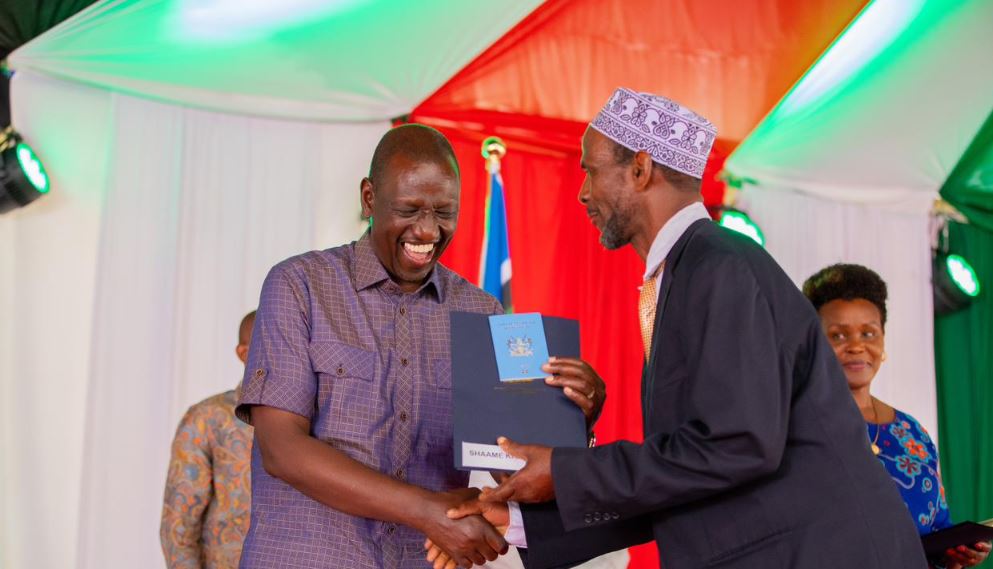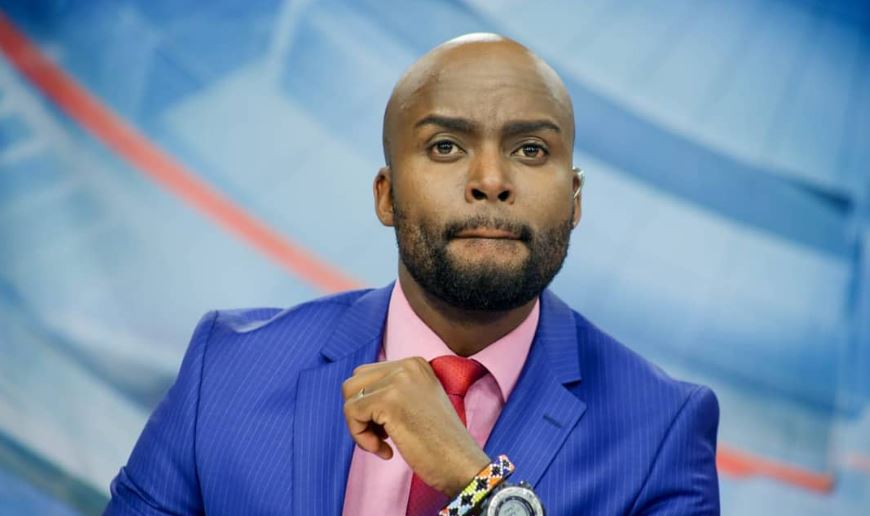
I am Christine Ombima, a mental health champion, and community development professional. I was diagnosed with bipolar disorder in 2015. I work at Teach for Kenya. I am passionate about mental health and quality education.
When were you diagnosed with bipolar and what do you think triggered it?
I was diagnosed with bipolar disorder in July 2015. My greatest trigger is any stressful event. At the time, I had not graduated. I was jobless and nothing seemed to be going well for me. The other trigger was that I was juggling so many things which led to a nervous breakdown. I was later told that I have acute psychosis and later Bipolar 2 disorder.
What was your reaction after this discovery and how did you come to accept it?
I was confused at first since I never imagined I would be diagnosed with a chronic mental condition. It left me in limbo as it dawned on me that the hospital walls and meds were something I would learn to live with. It was not easy. I came to accept the diagnosis four years later after being actively involved in mental health advocacy.
What challenges did you go through as a result of your health condition?
The greatest challenge has been my education being delayed by four years. I graduated after eight years of being on campus since I had to drop out of school to take care of myself. Secondly, the stigma and discrimination that I have experienced is out of this world. Friends ran away from me, and some called me names. My family too has received its fair share of the same. There is also the stigma in the workspace. I have lost employment and learning opportunities after disclosing that I took eight years on campus due to a mental condition.
You are quite vocal in creating awareness of bipolar disorder. What is the motivation?
My greatest motivation is that I use my pain to heal others. Through sharing my story I help in creating awareness on a taboo topic that has left many so broken. By creating a safe space for people to share their struggles, the ripple effect is that mindsets are changed.
Which other programs are you running to create awareness?
I run a support group, ‘Stand Out 4 Mental Health’ which targets people with mental illness. We are in the process of registering it as a Community-Based Organisation (CBO). I also run a program on art for mental wellness (ArtVista) for the learners in the school that I teach. I use art as a tool for creating awareness of mental wellness among children.
How do you think the government should help those suffering from mental health issues?
Increase financing for mental health – the capitation for mental health services under NIF is quite low. There is also a need to subsidize the prices of our medication. We need to equip more government hospitals to offer psychiatric services and employ more mental health professionals.
What are you currently doing to sustain your life?
I am a teacher leader with Teach for Kenya.
Any achievement so far out of your advocacy programs?
Despite the ups and downs, I graduated with first-class honours. I also set up an organization that champions mental health rights.








